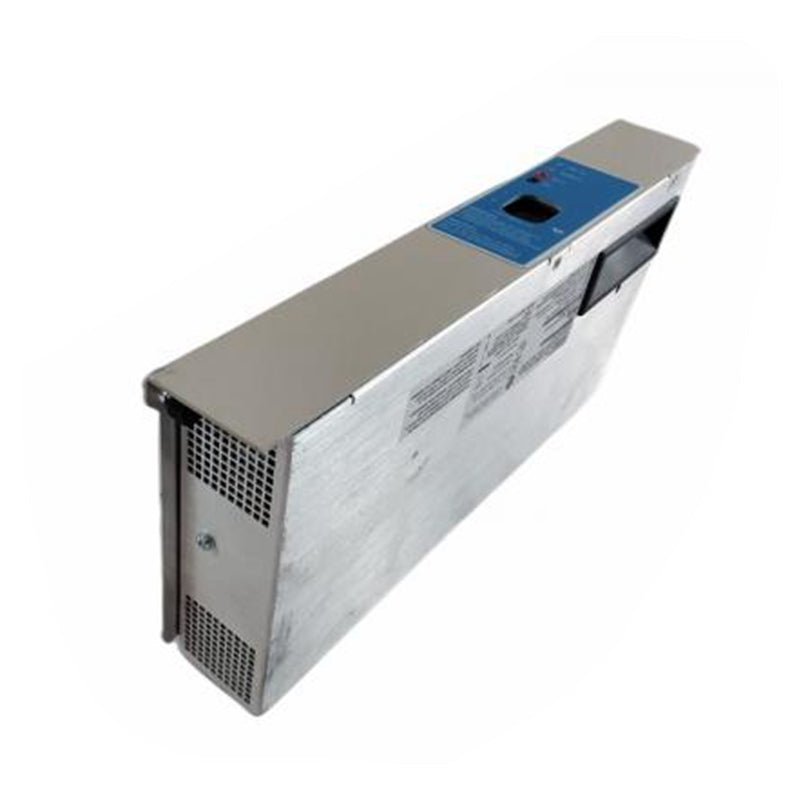Az ipari vezérlők alapvető szerepe az automatizálásban

Bevezetés az ipari vezérlőkbe
Az ipari vezérlők döntő szerepet játszanak az intelligens termelésirányításban. Ezek az eszközök különféle ipari folyamatok vezérlésével, felügyeletével és rögzítésével segítik a vállalatokat az automatizálás elérésében. A programozható logikai vezérlők (PLC) alapvető összetevőként történő felhasználásával a vállalkozások hatékonyan kezelhetik a berendezések vezérlését és az adatgyűjtést.
A termelési hatékonyság növelése
Az ipari vezérlők automatizált adatgyűjtéssel és elemzéssel növelik a termelés hatékonyságát. Összekötik a gyártási folyamat különböző szakaszait, biztosítva a zökkenőmentes információmegosztást és a valós idejű átvitelt. Ez a képesség nemcsak a felügyeletet javítja, hanem a szervezeten belüli döntéshozatali képességeket is erősíti.
Folyamatok optimalizálása precízen
Ezenkívül az ipari vezérlők optimalizálhatják a munkafolyamat-tervezést. A szükségtelen lépések kiiktatásával egyszerűsítik a műveleteket és növelik a termelékenységet. Az olyan algoritmusok, mint a PID-szabályozók, lehetővé teszik a különböző paraméterek pontos szabályozását, ami növeli a folyamat stabilitását és megbízhatóságát. Ennek eredményeként a szervezetek hatékonyabban és nagyobb következetességgel állíthatnak elő árukat.
Irányítási rendszerek integrálása
Az intelligens termelésirányítási rendszerek, mint például a MES, az ERP, a WMS és a QMS integrációja átfogó működési keretet hoz létre. Ez az integrált menedzsment nemcsak a megrendelés teljesítési képességeket javítja, hanem a minőségirányítást is. A munkaerőköltségek csökkentésével és az emberi hibák minimalizálásával ezek a rendszerek hatékonyabb és megbízhatóbb termelési környezetet teremtenek.
Speciális adatelemzés kihasználása
Ezenkívül az intelligens gyártási rendszerek hatékony adatelemzést és előrejelző képességeket használnak. Ez a fejlett elemzés lehetővé teszi a szervezetek számára, hogy valós idejű adatok alapján megalapozott döntéseket hozzanak. A kézi beavatkozás szükségességének csökkentésével a vállalkozások növelhetik működési hatékonyságukat, és a magasabb szintű feladatokra koncentrálhatnak.
Intelligens gyárakká alakulva
Az intelligens gyárakká való átalakulás nagymértékben támaszkodik a digitális technológiákra és a mesterséges intelligenciára. Ezek a technológiák lehetővé teszik a termelési folyamatok intelligens irányítását, ami jelentősen növeli a termelékenységet. Ez a változás nemcsak a hagyományos IT-szolgáltatások korlátait töri meg, hanem a gyártás intelligens fejlődését is előmozdítja.
Következtetés
Összefoglalva, az ipari vezérlők jelentősen hozzájárulnak a termelési folyamatok automatizálásához. Különféle alkalmazásaik révén – berendezésvezérlés, adatelemzés, munkafolyamat-optimalizálás, integrált menedzsment és digitális átalakítás – lehetővé teszik a szervezetek számára a termelési hatékonyság és a minőségirányítás javítását. Ahogy az iparágak továbbra is magukévá teszik az automatizálást, ezeknek a vezérlőknek a szerepe egyre fontosabbá válik, és a működési kiválóságra való törekvés alapvető eszközeivé teszik őket.

























